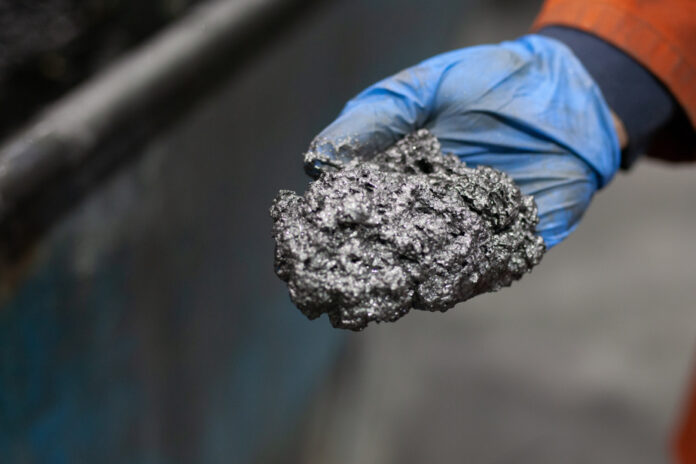(Beijing) China announced on Friday additional restrictions on its exports of graphite, an essential component for the manufacture of batteries for electric vehicles, thus appearing to respond to recent American measures on electronic chips.
Washington this week unveiled a series of new restrictions on the export of semiconductors and the machines used to manufacture them to China. These measures, taken in the name of “national security”, aim to limit Chinese companies’ access to this equipment.
The United States has been trying for several months to limit Beijing’s access to cutting-edge technologies. The Asian giant is standing up against this policy which it considers contrary to the rules of international trade.
Under new measures unveiled on Friday, Chinese exporters will now have to apply for authorizations to sell certain types of graphite to foreign customers.
“Given the need to safeguard its national security and interests, China maintains export controls on certain graphite products,” the Ministry of Commerce said.
Graphite is used in particular to make lithium-ion batteries for cell phones and electric vehicles.
China accounted for 65% of global production last year, according to the U.S. Geological Survey.
The products affected by the export restrictions are high purity, high strength and high density graphite materials, as well as natural flake graphite.
Global graphite consumption is expected to rise due to continued growth in demand for electric vehicles and the batteries needed to power them.
“China’s normal adjustment of export controls does not target any particular country or region, and exports that comply with existing regulations will be authorized,” the ministry assured on Friday.
Trade and technology have been at the heart of tensions between Beijing and Washington in recent years.
The European Union (EU) has also publicly stated that it wants to reduce its economic and commercial dependence on China.
Last month, it launched an investigation into Chinese authorities’ subsidies to national electric car manufacturers, accused of selling products at lower prices than their European competitors.















